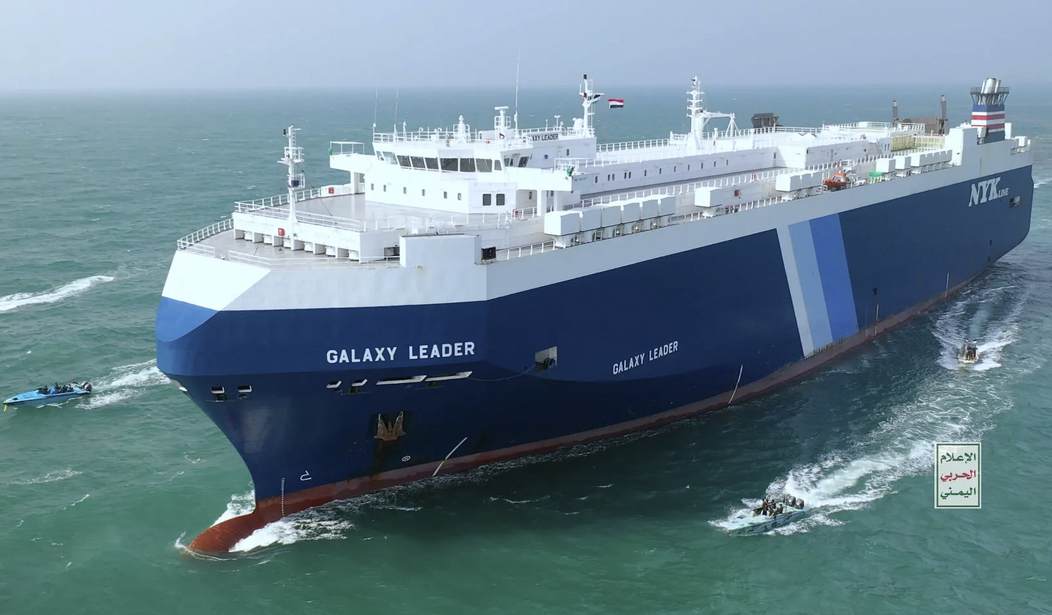The Yemen-based Houthi rebels have extended an olive branch to China and Russia as the organization continues targeting freighters and other cargo ships traveling through the Red Sea. The rebels have attacked numerous vessels with ties to Israel, the United States, and other nations.
However, the group has come to an agreement with China and Russia, assuring both governments that their vessels can travel safely through the region. The development came to light after covert talks between Houthi representatives and diplomats from China and Russia that took place in Oman.
The Yemen-based Houthis have told China and Russia their ships can sail through the Red Sea and Gulf of Aden without being attacked, according to several people with knowledge of the militant group’s discussions.
China and Russia reached an understanding following talks between their diplomats in Oman and Mohammed Abdel Salam, one of the Houthis’ top political figures, said the people, who asked not to be named discussing private matters.
In exchange, the two countries may provide political support to the Houthis in bodies such as the United Nations Security Council, according to the people. It’s not entirely clear how that support would be manifested, but it could include blocking more resolutions against the group.
The Houthis might be banking on the possibility that China and Russia could work to prevent future United Nations resolutions against the group.
Since the Red Sea and Gulf of Aden serve as critical arteries through which global commerce takes place, this pact might reshape the strategic landscape in the region. Over recent months, the Houthis attacked vessels making their way through the waters. Through missile and drone attacks, they have made it more perilous for certain ships to travel through the region. The rebels have gone so far as to commandeer vessels and even sunk its first ship in the conflict earlier in March. The rebels have also clashed with U.S. forces on several occasions.
The Houthis' current offensives began after the war in Gaza started on October 7. The rebels indicated that their attacks were aimed at pressuring Israel and its allies to halt its offensive against Hamas. Their actions reflect the complex dynamics of Yemen’s civil war, the influence of Iran, and the overall struggle for dominance in various areas of the Middle East.
The Houthis came to prominence on the international stage during the Yemeni civil war. The group, backed by Iran, has seized control of significant areas of the country and has been embroiled in a bloody war with a coalition led by Saudi Arabia, which backs the nation’s current government that the Houthis seek to overthrow.
This agreement could reshape the geopolitical situation in the Red Sea, helping Russia and China establish a greater presence. If the Houthis continue their attacks against ships aligned with the United States, Israel, and others while allowing free passage to Moscow and Beijing, it could put the latter two in an advantageous position.
It is unclear exactly how this agreement will affect trade through the Red Sea. However, it seems clear that the Houthis won’t be abandoning its attacks anytime soon.














Join the conversation as a VIP Member